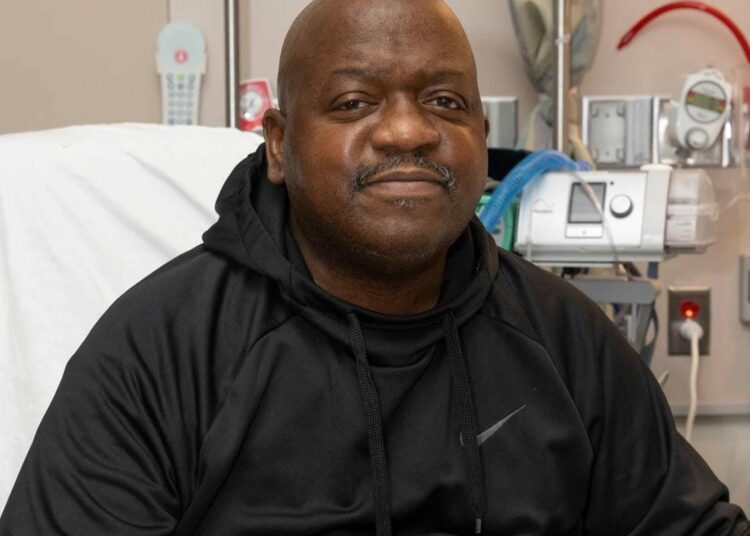In a medical breakthrough that signals hope for thousands of patients on organ transplant waiting lists, Rick Slayman became the first individual to be discharged from a hospital after receiving a kidney transplant from a genetically modified pig on Thursday.
The surgery, which took place at Massachusetts General Hospital (MGH), has been deemed a success, with Slayman leaving the hospital two weeks post-operation, showcasing the potential of xenotransplantation to alleviate the severe organ shortage crisis.
At 62, Slayman expressed profound joy and gratitude for the life-changing operation.
“This moment – leaving the hospital today with one of the cleanest bills of health I’ve had in a long time – is one I wished would come for many years. Now, it’s a reality and one of the happiest moments of my life,” he stated.
Slayman looks forward to a new life, free from the dialysis that marred his quality of life due to type 2 diabetes and high blood pressure.
The operation marks a significant milestone after previous attempts with organs from genetically modified pigs did not succeed.
Dr. Winfred Williams, associate chief of the nephrology division at MGH and Slayman’s primary kidney doctor, praised his patient’s bravery.
The pig kidney, developed by eGenesis, a Cambridge-based company, underwent 69 genetic modifications to enhance compatibility with human bodies and eliminate the risk of infection from pig retroviruses.
Dr. David Klassen, chief medical officer for the United Network for Organ Sharing (UNOS), underscored the significance of this advancement, highlighting the extensive potential benefits for a multitude of patients, particularly those from ethnic minority backgrounds who face disproportionate challenges in accessing kidney transplants. The successful transplant addresses critical issues of organ shortage and systemic barriers in healthcare.
Over 100,000 people in the United States are currently waiting for an organ transplant, with kidneys being the most demanded organ. The disparity in organ availability and the growing need pose a dire situation, with approximately 17 individuals dying each day awaiting a donor organ. Dr. Leonardo Riella, MGH medical director for kidney transplantation, emphasised the promise of xenotransplantation in confronting the organ shortage crisis, noting the long wait times and risks faced by patients on dialysis.
Slayman’s procedure was sanctioned under a compassionate use waiver by the U.S. Food and Drug Administration. Additionally, to prevent organ rejection, he received two novel immunosuppressant drugs, tegoprubart and ravulizumab, from Eledon Pharmaceuticals Inc. and Alexion Pharmaceuticals Inc., respectively.











